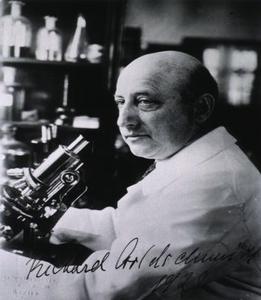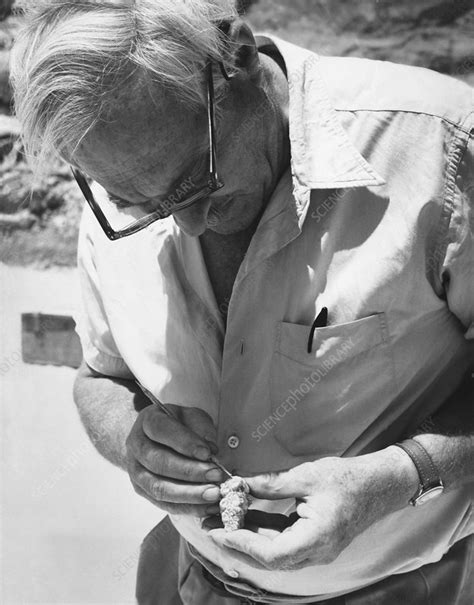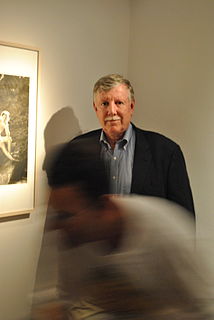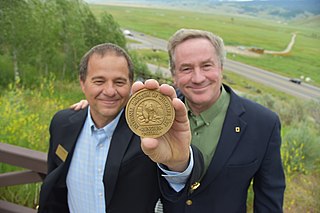A Quote by Richard Goldschmidt
The facts of microevolution [change within the species] do not suffice for an understanding of macroevolution [theorized change from one species to another].
Related Quotes
My feeling is that Darwinism is only at best a partial solution, and an extremely dangerous partial solution. I would say, based on the little I know, Darwinism explains microevolution within species quite well. As to its broader consequence and implications, I don't think it explains individual species evolution at all well.
Clearly, we are a species that is well connected to other species. Whether or not we evolve from them, we are certainly very closely related to them. A series of mutations could change us into all kinds of intermediate species. Whether or not those intermediate species are provably in the past, they could easily be in our future.
We ourselves are part of a guild of species that lie within and without our bodies. Aboriginal peoples and the Ayurvedic practitioners of ancient India have names for such guilds, or beings made up (as we are) of two or more species forming one organism. Most of nature is composed of groups of species working interdependently.
I think when you work on fossils, and you realize that a species is there, and it's abundant for quite a long period of time, and then at some point it's no longer there - and so, when you look at that bigger picture, yes, you realize that either you change and adapt, or, as a species, you go extinct.
There are millions of different species of animals and plants on earth--possibly as many as forty million. But somewhere between five and fifty BILLION species have existed at one time or another. Thus, only about one in a thousand species is still alive--a truly lousy survival record: 99.9 percent failure!
All the things that we've done as a species have had a limited scope. We're talking about melting the ice caps, raising the level of the seas dramatically, changing the distribution of every other species on Earth, perhaps wiping out one-third or half of them. The changes at work are geologic in scale. The level of change required to deal with it is enormous, too. It will require change in every country. It will require a degree of global cooperation that we haven't seen before.
Biology is a science of three dimensions. The first is the study of each species across all levels of biological organization, molecule to cell to organism to population to ecosystem. The second dimension is the diversity of all species in the biosphere. The third dimension is the history of each species in turn, comprising both its genetic evolution and the environmental change that drove the evolution. Biology, by growing in all three dimensions, is progressing toward unification and will continue to do so.
The earth has continued to change, from rapid climatic changes that have caused the glaciers and the ice sheets to basically bulldoze the landscape and cause species compression in the tropics and cause mass species extinction - you know, all these huge changes. In terms of evolution, every species is doomed to eventual extinction. The natural world is constantly changing. So, to deal with "environmental problems," in quotes, totally misses the issue. That is not the way we want to define our problem if we're going to find our solution.































